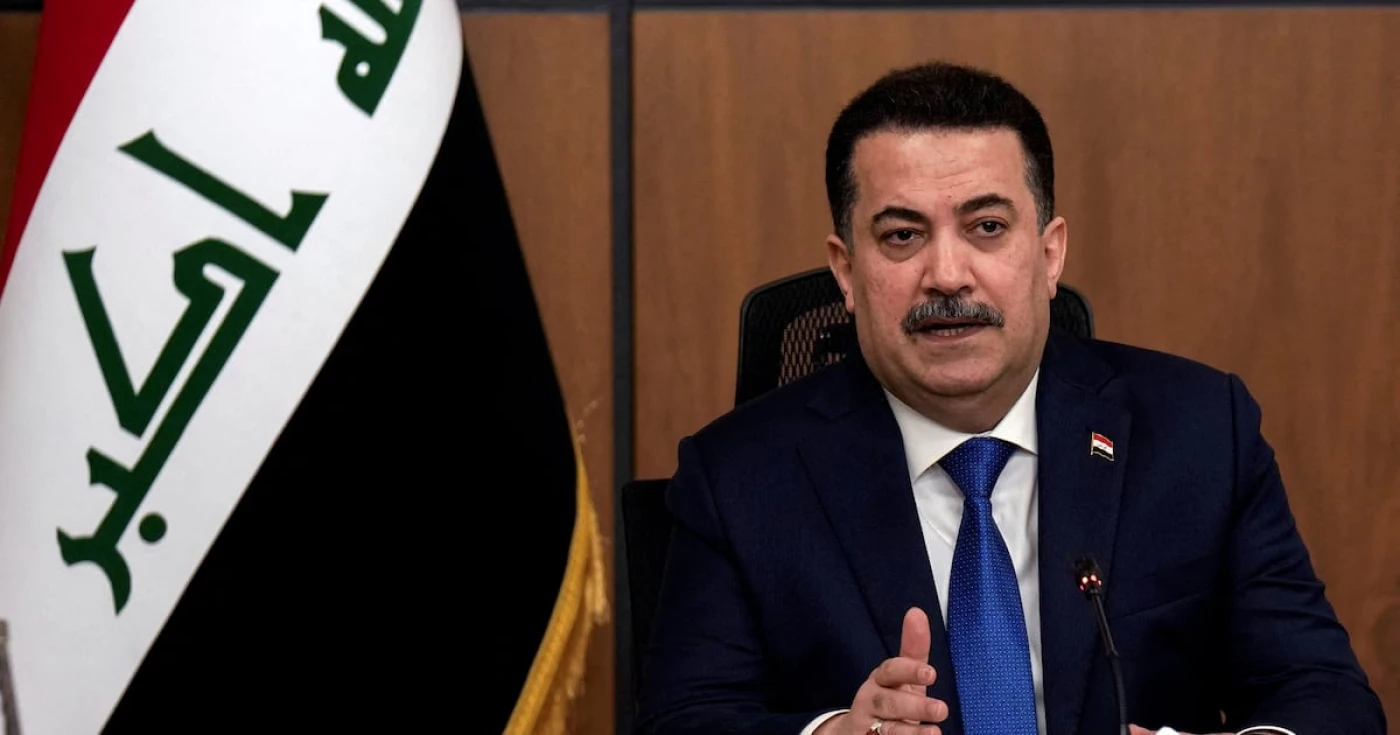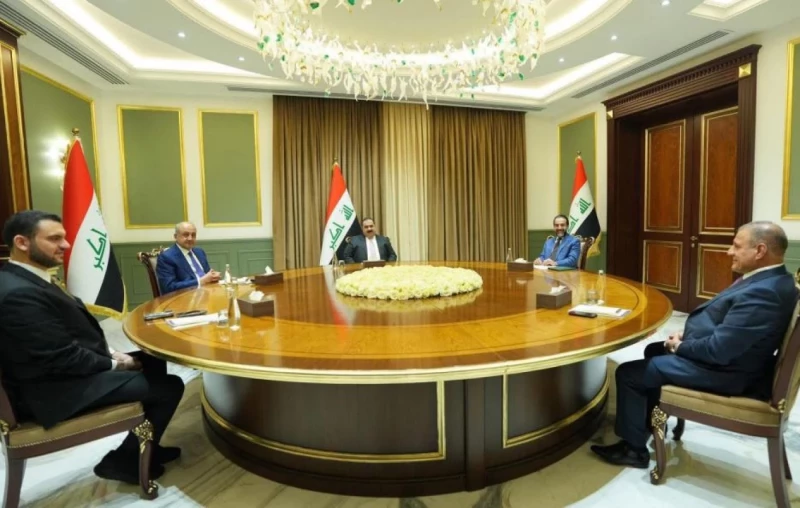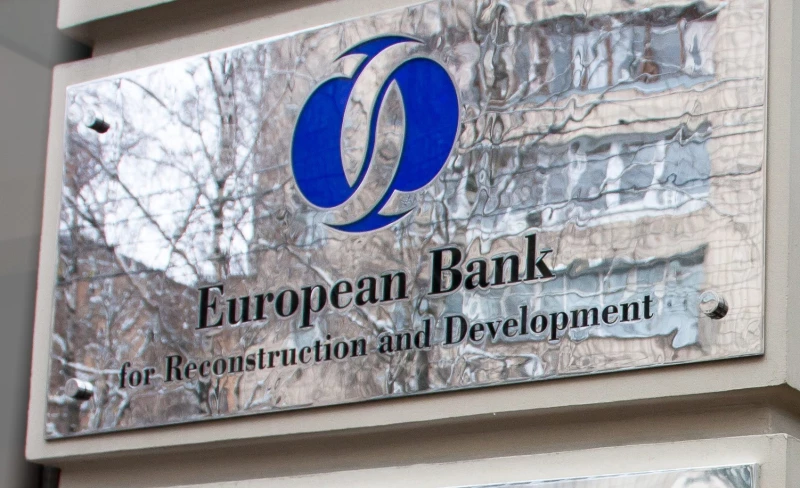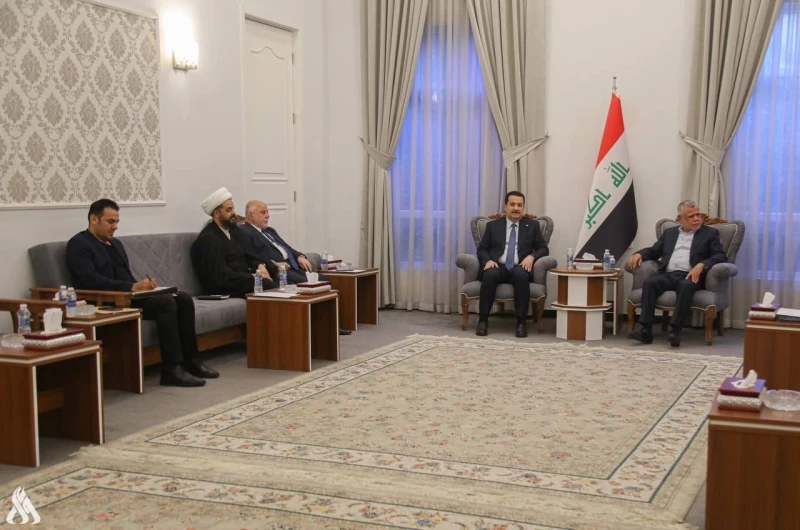DUBAI, UAE - The current political conditions in the country and the progress made during the reign of Prime Minister Mohammed Shia’ al-Sudani indicate that there will be no need for early elections in the country, analysts and politicians told The New Region.
Sami al-Jizani, a prominent member of the Hikma Movement, indicated that early elections are included in Prime Minister Sudani's government program. However, Jizani suggested that current political conditions in Iraq do not necessitate such a move.
Sudani formed his government in October 2022 after a political agreement among the State Administration Coalition, which includes Shiite blocs, Kurds, and Sunni Arab groups. The formation of this government followed a year-long political deadlock.
Sudani's agenda includes resolving political crises, implementing reforms, enhancing services, combating corruption, and addressing poverty and unemployment.
In an interview with The New Region on Sunday, Jizani discussed the possibility of early parliamentary elections, stating that although they are part of the government program, "specific conditions and environment" are needed for their implementation. He emphasized that in cases of instability or political deadlock, early elections might be considered to address the issues.
Under PM Sudani’s leadership, the country has seen notable progress in various areas, including political stability and service delivery.
Jizani remarked that, given this progress, there does not appear to be a pressing need for early elections at this time.
Jizani noted that while there is no broad national consensus on early elections, some political factions have expressed interest. However, he maintained that the Hikma Movement sees no current need for early elections.
Political analyst Ali al-Baydar also questioned the call for early elections, suggesting it might be a strategy to apply political pressure for concessions or to regain lost power.
He argued that early elections could disrupt the current political stability and lead to additional complications.
Baydar expressed confidence in the current administration's handling of political affairs, noting that the situation remains stable and that moving toward early elections could potentially weaken the government’s efforts and introduce new uncertainties.
Both Jizani and Baydar agreed that the focus should remain on supporting the current government’s reform efforts and allowing it to continue its work until the end of its term.
A similar sentiment was shared by MP Nihal al-Shammari, an MP close to Sudani and member of the electoral list Sudani has established.
“Issuing a decision to hold early elections at the present time will disrupt the work of the government,” she said.
“The government and the parliament sent a message that the relationship between them is very positive by submitting a budget for 3 years and approving it,” she added. “In addition to the latter's approval of all the decisions submitted by the government to it, and thus there is no need for early elections.”
In response to recent allegations, the government has reiterated its commitment to upholding the law and fighting corruption.
Official spokesperson Bassem al-Awadi addressed misleading campaigns that have targeted the government, some of which involve cases currently under judicial review.
He emphasized that the government is awaiting court decisions while continuing to respect the legal process.
Awadi also highlighted efforts to divert the government from its national agenda, stating that these attempts will not deter ongoing reforms.
He urged citizens to remain vigilant against misinformation, stressing the government's resolve to protect public rights despite external pressures.



 Facebook
Facebook
 LinkedIn
LinkedIn
 Telegram
Telegram
 X
X


